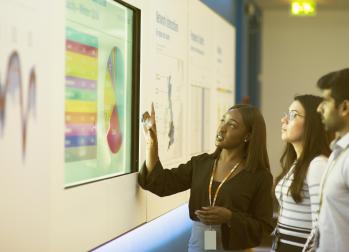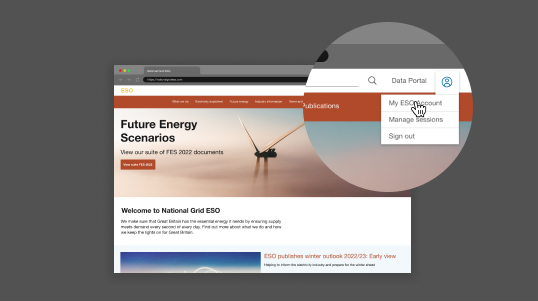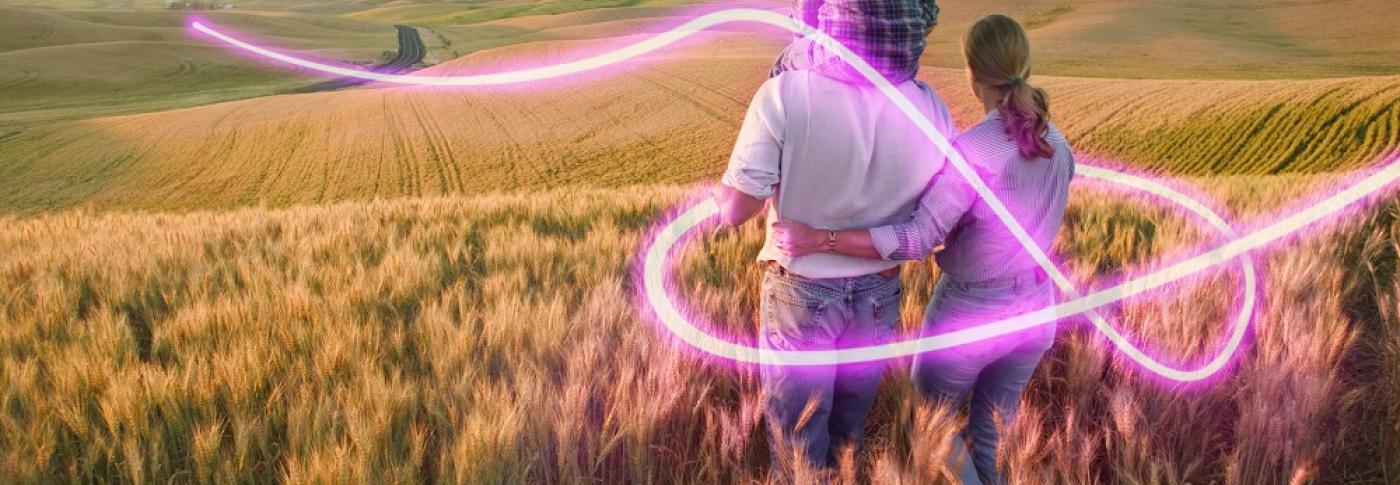The Grid Code details the technical requirements for connecting to and using the National Electricity Transmission System (NETS).
Compliance with the Grid Code is one of the requirements of the Connection and Use of System Code (CUSC).
As the code administrator for the Grid Code, we maintain the code and oversee any proposed changes to it. All changes have to be reviewed by the Grid Code Review Panel and approved by the Panel, or by Ofgem.
If you want to find out more about connecting to the NETS, visit our connections pages.
For more information about the code, please contact [email protected].
You can subscribe to the Grid Code mailing list here.

Modification tracker
Our Modification Tracker gives you the very latest detail on current modifications for each of the four codes. It includes the purpose of the modification and the stakeholders it affects, as well as Panel comments on prioritisation, and where it is in the review process.
This Modification Tracker will be published on a monthly basis on the 7th calendar day of the month or the next working day where the 7th is a non-working day.






